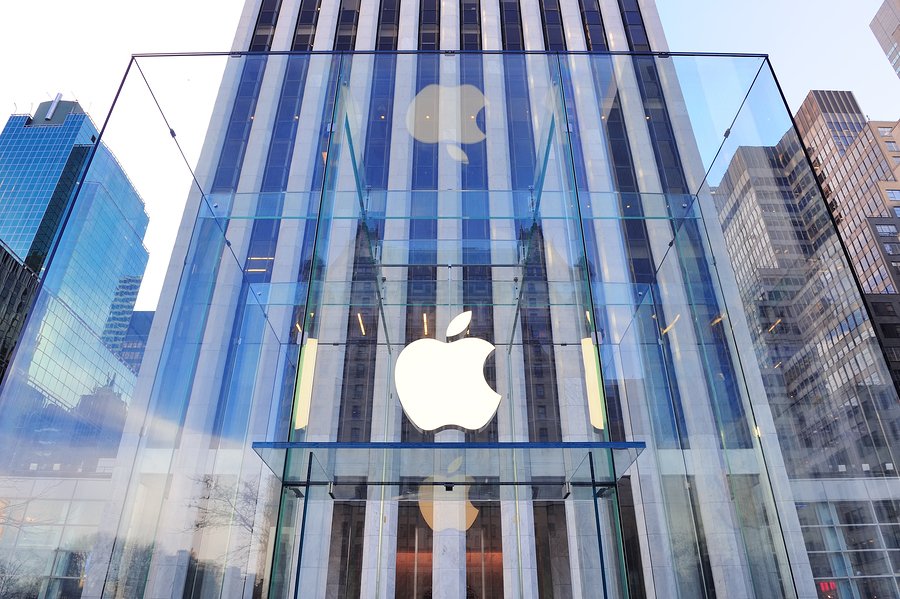In a bold statement that’s reverberating across the tech and political worlds, former U.S. President Donald Trump has urged Apple to halt its iPhone manufacturing operations in India and instead bring production back to the United States. The comments were made during his recent visit to Qatar, where he addressed a business roundtable attended by U.S. and Middle Eastern executives.
Trump’s remarks come at a time when Apple has significantly expanded its presence in India, a country that has become a strategic hub for iPhone assembly in recent years. The issue touches on core themes of economic nationalism, global trade strategy, and the future of high-tech manufacturing in America.
📱 Apple’s Shift to India
Apple has increasingly turned to India to diversify its supply chain, especially in response to U.S.-China trade tensions and rising labor costs in China. According to recent data, Apple now manufactures over 14% of its iPhones in India, and that figure is expected to rise.
The Indian government has rolled out attractive incentives under its “Make in India” initiative, offering subsidies, tax breaks, and relaxed regulations to tech giants like Apple. The move has helped India emerge as a viable alternative to China for electronics manufacturing.
🗣️ Trump’s Strong Words
Trump, never shy about expressing his “America First” economic stance, expressed clear disapproval of Apple’s overseas investments. “I told Tim Cook — bring it home,” Trump said, referring to Apple’s CEO. “We want those iPhones made in Texas, Michigan, and Ohio, not Mumbai or Bangalore.”
The former president emphasized that American corporations should prioritize U.S. jobs and industrial revitalization over cost efficiencies abroad. His comments are seen by many as a signal that a second Trump presidency could pressure U.S. tech giants to reshore manufacturing.
More details about his statements can be found in this New York Post article.
🇺🇸 Economic and Political Implications
Trump’s comments resonate with a segment of the electorate that feels left behind by globalization and outsourcing. Manufacturing jobs, particularly in the tech hardware space, have been in decline in the U.S. since the early 2000s. A political push to bring those jobs back could influence campaign narratives in the 2026 midterms and the 2028 presidential race.
However, the economic realities are more complex. According to experts, producing iPhones in the U.S. would significantly raise costs due to higher wages, stricter regulations, and infrastructure limitations. Industry analysts estimate that a U.S.-assembled iPhone could cost consumers up to 30% more than one produced in India or China.
🌍 Global Supply Chain Pressure
Trump’s remarks also come amid rising geopolitical friction. Apple’s supply chain stretches across multiple continents, with components sourced from Japan, Korea, and Taiwan. Bringing the entire production process under one roof in the U.S. would be a logistical feat requiring years of infrastructure development.
Meanwhile, India is taking Trump’s comments seriously. Local media reports suggest that Indian officials are seeking reassurances from Apple that its long-term investment plans remain unchanged. India’s tech and labor markets could take a hit if U.S. policy pivots toward forced reshoring.
🔍 Industry Reactions
So far, Apple has not officially responded to Trump’s comments. However, industry insiders suggest that the company is unlikely to reverse course in the short term. With its investments in Indian facilities and partnerships with firms like Foxconn, Apple’s India strategy is both economically and strategically sound.
Tech commentators are also debating whether political rhetoric can significantly alter multinational supply chains. “Manufacturing decisions are made over years, not news cycles,” said Mark Gurman, a respected Apple analyst for Bloomberg. “Even if the pressure is real, the shift back to the U.S. will be slow, if it happens at all.”
🧭 What Comes Next?
Whether Trump’s appeal to Apple leads to any real changes remains to be seen. However, his remarks have reignited a critical conversation about where and how America’s most iconic products are made. With the rise of AI, robotics, and smart automation, the question isn’t just if reshoring is possible — it’s how to make it economically viable.
As the U.S. gears up for another intense political cycle, the intersection of tech and policy will remain a hotbed of public discourse.
🔗 External Resources:
- Trump tells Apple to stop making iPhones in India – NY Post
- Why Apple doesn’t make iPhones in the U.S. – CNBC

